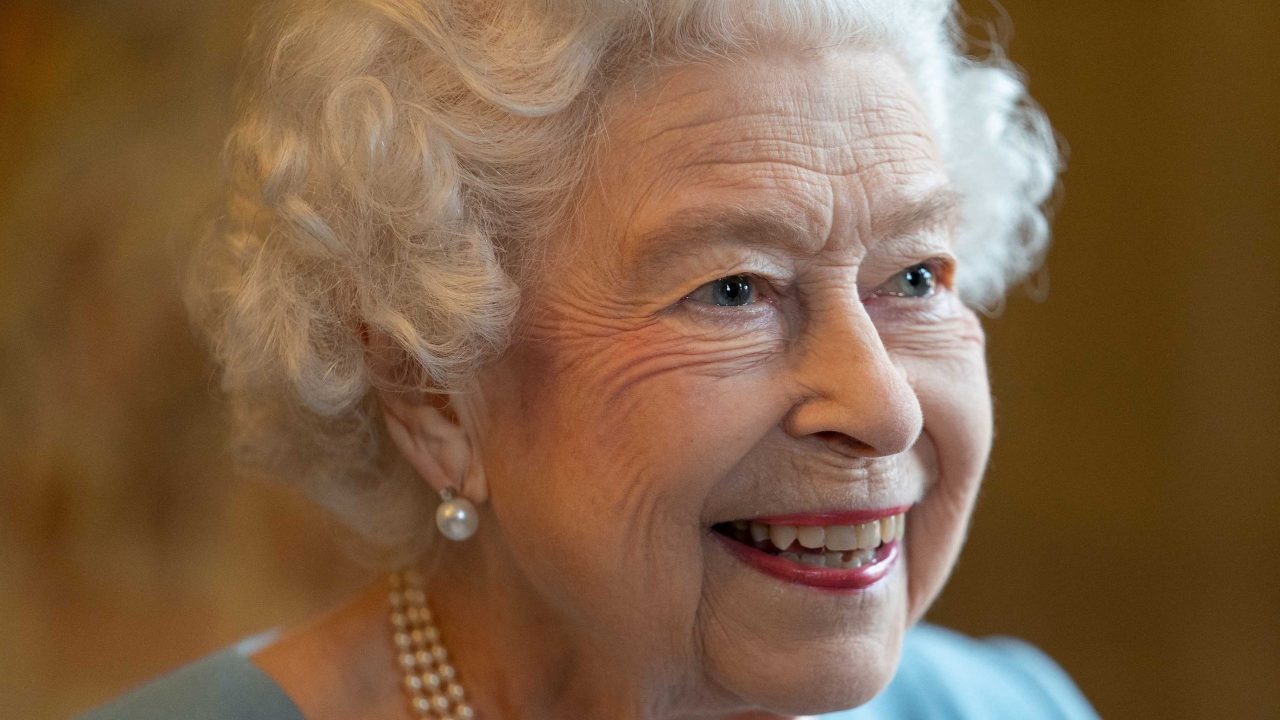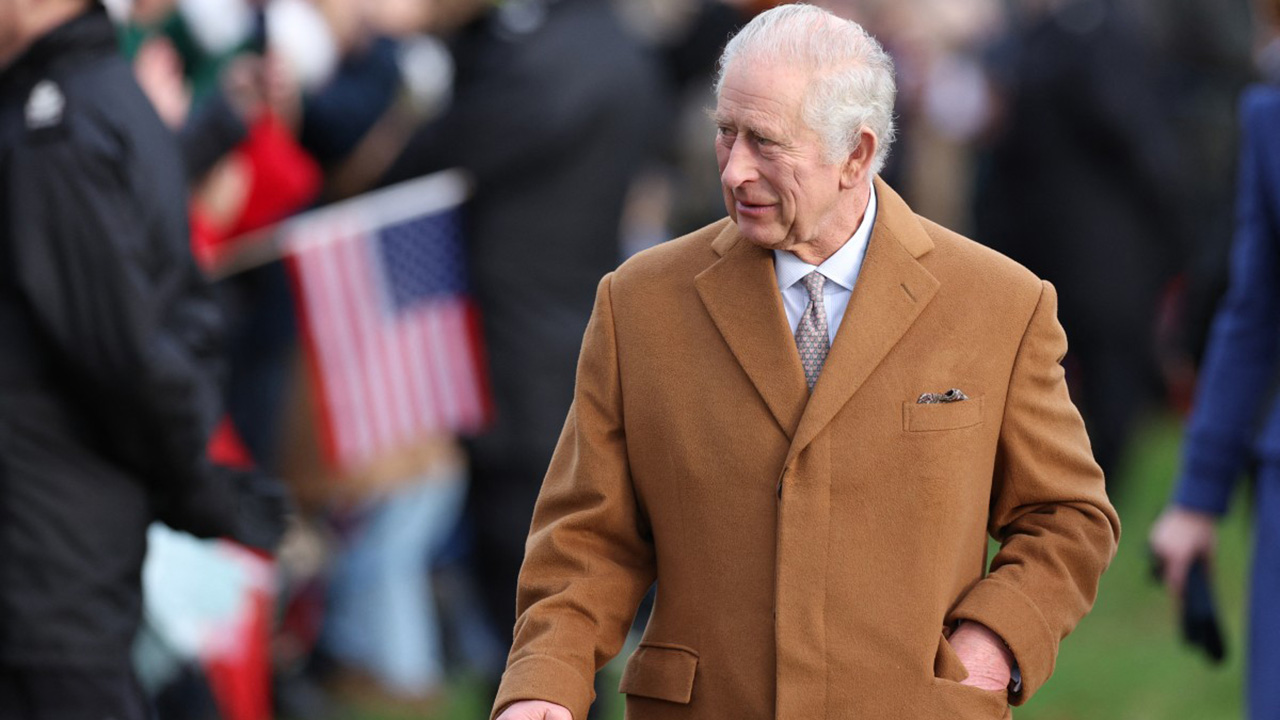
The queen is the first British monarch to celebrate a Platinum Jubilee, and is spending the day privately.
The Prince of Wales, Prince Charles, her first son, while paying his tributes to the queen for reaching 70 years on the throne, said in a statement: “The queen’s devotion to the welfare of all her people inspires still greater admiration with each passing year.”
Many more have congratulated the Queen on this historic day, including Boris Johnson, Theresa May and David Cameron, three of the 14 British prime ministers to occupy No 10 during her reign.
Johnson said: “I pay tribute to her many years of service and look forward to coming together as a country to celebrate her historic reign in the summer.”
His predecessor, Mrs. May, described the monarch as “an extraordinary woman, who has dedicated her life to the service of her people and our family of nations.”
Cameron said: “There can be no finer example of dignified public duty and service.”
Leader of the opposition, Sir Keir Starmer, echoed these sentiments, saying he willlike to express his “deepest thanks” for 70 years of “unparalleled public service.”
The Labour leader added: “Her Majesty The Queen has been one vital and valued constant in an ever-changing world, representing security and stability for our country, during the ups and downs of the last seven decades.”
Archbishop of Canterbury, Justin Welby, also praised the queen “for her dedication to us all, and her faithful witness to Jesus Christ.”
Also, Head, Security and Strategic Studies Division, Nigeria Institute of International Affairs (NIIA), Dr. Joshua Bolarinwa, said that the 70 years reign of Queen Elizabeth II, showed her intention to facilitate decolonisation, especially in the yearly stage.
“Her desire to end colonisation made her visit Africa and other countries where Britian had colonies,” he said
He noted that when she came to Nigeria, her intention was to give the nation its independence, but the politicians were not ready at that time, which made the independence stall to 1960. When she got to Ghana they were ready for it, that’s why they got their independence before Nigeria.
Politically, the queen has had a lot of impact in development and multi lateral diplomacy in Africa and around the world.
He, however, noted that the Queen as the head of Commonwealth, has a lot more work to do, as the wealth is not equally distributed among nations in the association.
According to him, initially the membership of the Commonwealth was limited to former colonies of Britain, but around 2008, it became an all comers affair, which has affected the potency of the body.
“Even Nigeria has not been really serious with the Commonwealth, as it is with AU, ECOWAS summits and functions.
“There is need to appraise the reason that brought them together as a multi lateral international organisation,” he added.
Bolarinwa called on the queen to improve beneficial relations among the Commonwealth countries.
He emphasised the need to share benefits and technicalities across board, adding that technology should be shared or sold.
He noted that aside from Britain, Australia and Canada, non of its colonies, particularly in Africa, has been developed adequately.
He added that Nigeria-UK should be visa free because of the benefits Britain has got from the country.
Elizabeth Alexandra Mary Windsor was not born to wear the crown. But destiny intervened. As the elder daughter of King George V’s second son, Elizabeth, now 95, was expected to live the life of a minor royal when she was born on April 21, 1926.
But everything changed at age 25, when her uncle, King Edward VIII, abdicated so he could marry the American divorcee Wallis Simpson.
Elizabeth’s father became King George VI, making the young princess heir apparent.
George VI, whose struggles to overcome a stutter were portrayed in the 2010 film “The King’s Speech,” endeared himself to the nation when he refused to leave London as bombs fell during the early months of World War II.
Elizabeth followed her father in leading by example, joining the Auxiliary Territorial Service in early 1945, becoming the first female member of the royal family to join the armed services as a full-time active member. On her 21st birthday, she dedicated her life to the nation and the Commonwealth, the voluntary association of states that grew out of the British Empire.
“I declare before you all that my whole life, whether it be long or short, shall be devoted to your service and the service of our great imperial family to which we all belong,” she said in a radio address broadcast around the world.
In 1952, the young princess embarked on a tour of the Commonwealth in place of her ailing father.
She was at a remote Kenyan lodge, where she and her husband, the Prince Philip, watched baboons from the treetops, when she heard her father had died.
She immediately returned to London, disembarking the plane in black mourning clothes, to begin her life as queen.
She has reigned ever since, with crown and scepter on big occasions, but more commonly wearing a broad-brimmed hat and carrying a simple handbag.
The queen has witnessed the end of the British Empire, the advent of multiculturalism, the rise of international terrorism, the challenges posed by Brexit and the COVID-19 pandemic. In a world of relentless change, she has been a constant, representing the U.K.’s interests abroad, applauding the nation’s successes and commiserating in its failures, and always remaining above the fray of politics.
That constancy should earn her a royal epithet like those of her predecessors such as; William the Conqueror, Edward the Confessor and Alfred the Great, said royal historian Hugo Vickers.
“I’ve always thought she should be called Elizabeth the Steadfast,” Vickers told The Associated Press. “I think it’s a perfect way of describing her. She wasn’t necessarily expecting to be queen, and she embraced that duty.’’
This year, the queen is commemorating this milestone alone, having lost her husband of 73 years, Prince Philip, in April.
And her health has declined in recent months, forcing her to cancel multiple public appearances, including a remembrance service for the war dead in November.
Throughout her reign, Queen Elizabeth II has visited Nigeria twice, in 1956 and 2003. Her first visit to Nigeria was during the colonial era, with Britain ruling over the nation. She spent 20 days in the country from January 28, 1956 to February 16, 1956.
She spent a lot of her stay in Nigeria in the north with the then Sultan and her visit was filled with fanfare as she was picked from the airport with a Rolls Royce.
On December 3 to 6, 2003, she came to Nigeria for the second time to attend the Commonwealth Heads of Government Meeting 2003.
Between 1960 to 1963, Nigeria was a sovereign state and an independent constitutional monarchy. Being the only monarch to reign during this period, Elizabeth II was officially titled, Queen of Nigeria.
After Nigeria gained independence in October 1, 1960 under the Parliament of United Kingdom’s Nigeria Act, the queen was still the Head of state, though her constitutional roles were delegated to the governor-general of Nigeria.
The monarchy was later abolished on October 1963, when Nigeria adopted the president of Nigeria as its head of state.
In a message issued on Saturday, the queen spoke candidly about a royal family in transition. She also gave an endorsement of her daughter-in-law, Camilla, the second wife of her son and heir, Prince Charles.
“When, in the fullness of time, my son Charles becomes King, I know you will give him and his wife Camilla the same support that you have given me. It is my sincere wish that, when that time comes, Camilla will be known as Queen Consort as she continues her own loyal service,” the queen said.
The statement settled a longstanding and delicate question about whether Camilla, who was romantically involved with Charles during his marriage to Princess Diana, would ever have the title of queen. It is a victory for Charles, who long pushed for that recognition for his wife, now known as the Duchess of Cornwall.
“We are deeply conscious of the honour represented by my mother’s wish. As we have sought together to serve and support Her Majesty and the people of our communities, my darling wife has been my own steadfast support throughout,” Prince Charles said in a statement.
The queen recently stripped her second son, Prince Andrew, of his honorary military titles, as he fights a lawsuit in a New York court on accusations that he sexually abused a teenage girl while a guest of the disgraced financier Jeffrey Epstein.
Her grandson Prince Harry and his wife, Meghan, remain estranged from the family. The queen has yet to meet her granddaughter Lilibet, named in honour of Elizabeth, whose parents called her by that nickname.
According to a poll last year by the market research firm YouGov, Queen Elizabeth II is the highest rated among royals, with an approval rate of 76 per cent, Charles polled at 45 per cent; Prince William, the next in line, at 66 per cent; and the once-popular Harry at 39 per cent.
“She has an instinctive understanding of the soul of the British people,” said Vernon Bogdanor, a professor of government at King’s College London. For all of the upheaval in the House of Windsor. The monarchy is seen as a unifying force of stability and of constitutional democracy,” he added.
Reaching this milestone puts her in rare company. Only three monarchs are documented to have reigned more than 70 years: Louis XIV of France; Johann II of Liechtenstein; and Bhumibol Adulyadej of Thailand, who died in 2016.
Elizabeth is already the longest-serving British monarch, overtaking Queen Victoria in 2015, and the longest-serving female monarch. She would surpass Louis XIV, the Sun King, in less than three years.
She has been served by 14 prime ministers, starting with Winston Churchill.
Accession Day, however, has always been a privaye one for the queen, especially because its a day they she remembers the death of her father and her own ascension to the throne. Although George VI had been seriously ill, his death was traumatic for the 25-year-old princess, who was by all accounts very close to him.
Still, she managed some low-key festivities on Saturday, cutting a cake and playing host to members of volunteer groups. Among her guests was Angela Wood, an 88-year-old onetime cooking student, who created “coronation chicken,” the dish served to 350 V.I.P.’s at the banquet on coronation day in 1953.





